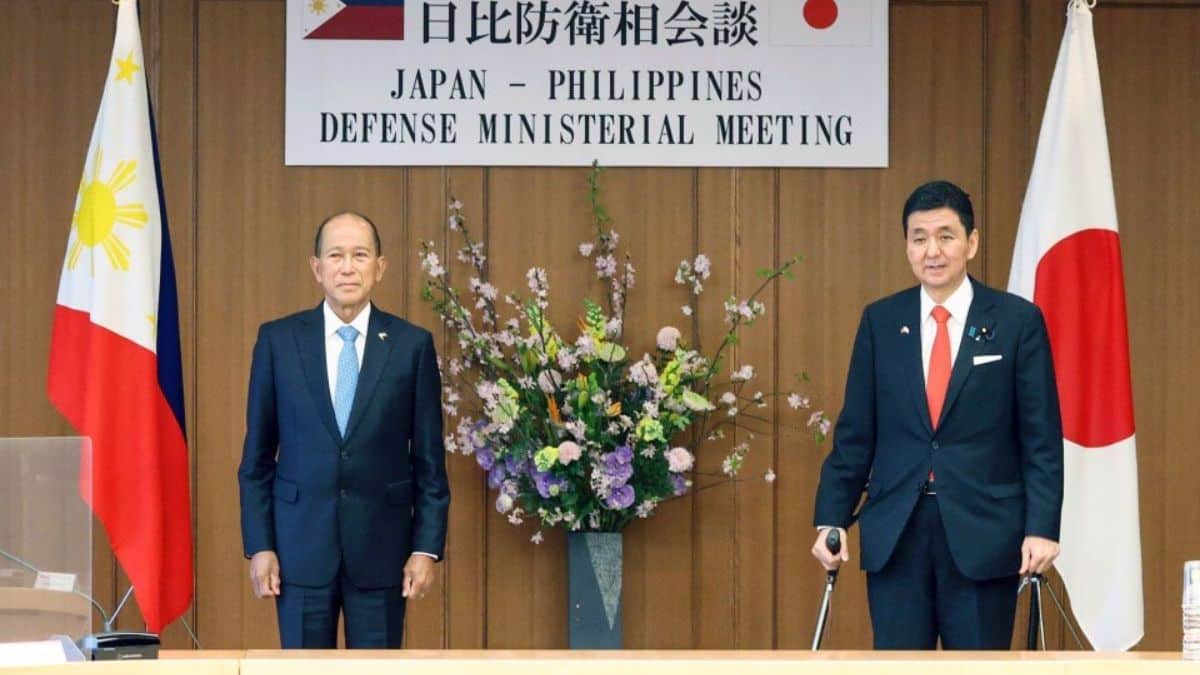The Philippines and Japan conducted their first joint military exercises in the South China Sea on Friday, marking a significant step in their defence cooperation amid rising tensions with China over regional assertiveness. The Philippine armed forces confirmed the drills, part of ongoing efforts to bolster security collaboration between the two nations.
The joint exercises involved naval manoeuvres, maritime patrols, and search and rescue operations, reflecting the growing strategic partnership between Manila and Tokyo. Both countries have been increasingly vocal about their concerns regarding China’s expansive claims and militarization in the South China Sea, a vital waterway for global trade and regional security.
“This joint exercise represents a milestone in the defence relationship between the Philippines and Japan,” said Lieutenant General Romeo Brawner Jr., Chief of Staff of the Armed Forces of the Philippines. Japan’s Maritime Self-Defense Force dispatched one of its destroyers, the JS Izumo, to participate in the drills alongside the Philippine Navy’s flagship, the BRP Jose Rizal. The two navies practised coordinated manoeuvres and communication protocols, emphasizing their readiness to work together to maintain freedom of navigation and overflight in the contested waters.
The joint exercise follows a series of similar collaborations between the Philippines and other regional allies, including the United States and Australia. These activities underscore the Philippines’ strategy to diversify its defence partnerships in response to China’s assertive actions, such as constructing artificial islands and establishing military installations in the South China Sea.
Japanese Defense Minister Nobuo Kishi highlighted the importance of the exercise in a statement from Tokyo. “Japan is committed to working with our partners to uphold the rules-based international order and ensure the security of the Indo-Pacific region,” Kishi said. “Our joint efforts with the Philippines are a testament to our dedication to regional peace and stability.”
China has consistently opposed such military activities, viewing them as provocations. In response to the exercises, the Chinese Foreign Ministry reiterated that countries outside the region should refrain from interfering in South China Sea disputes.

